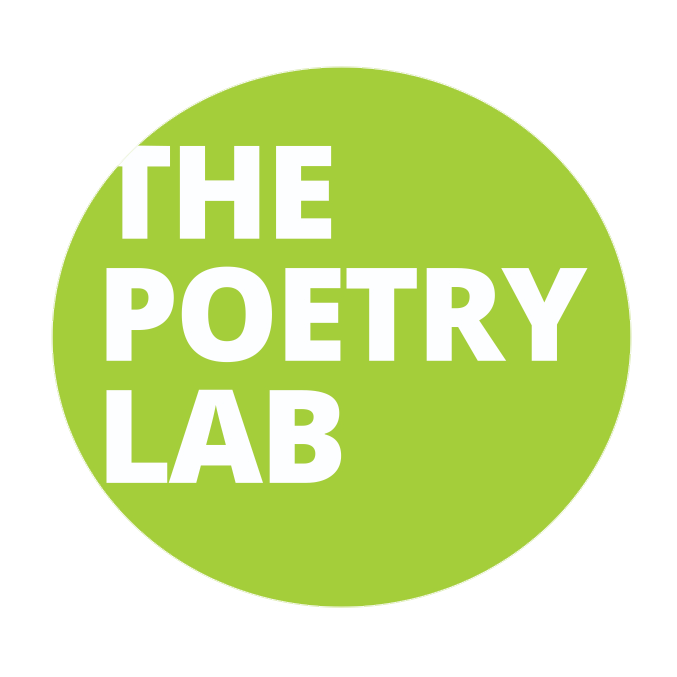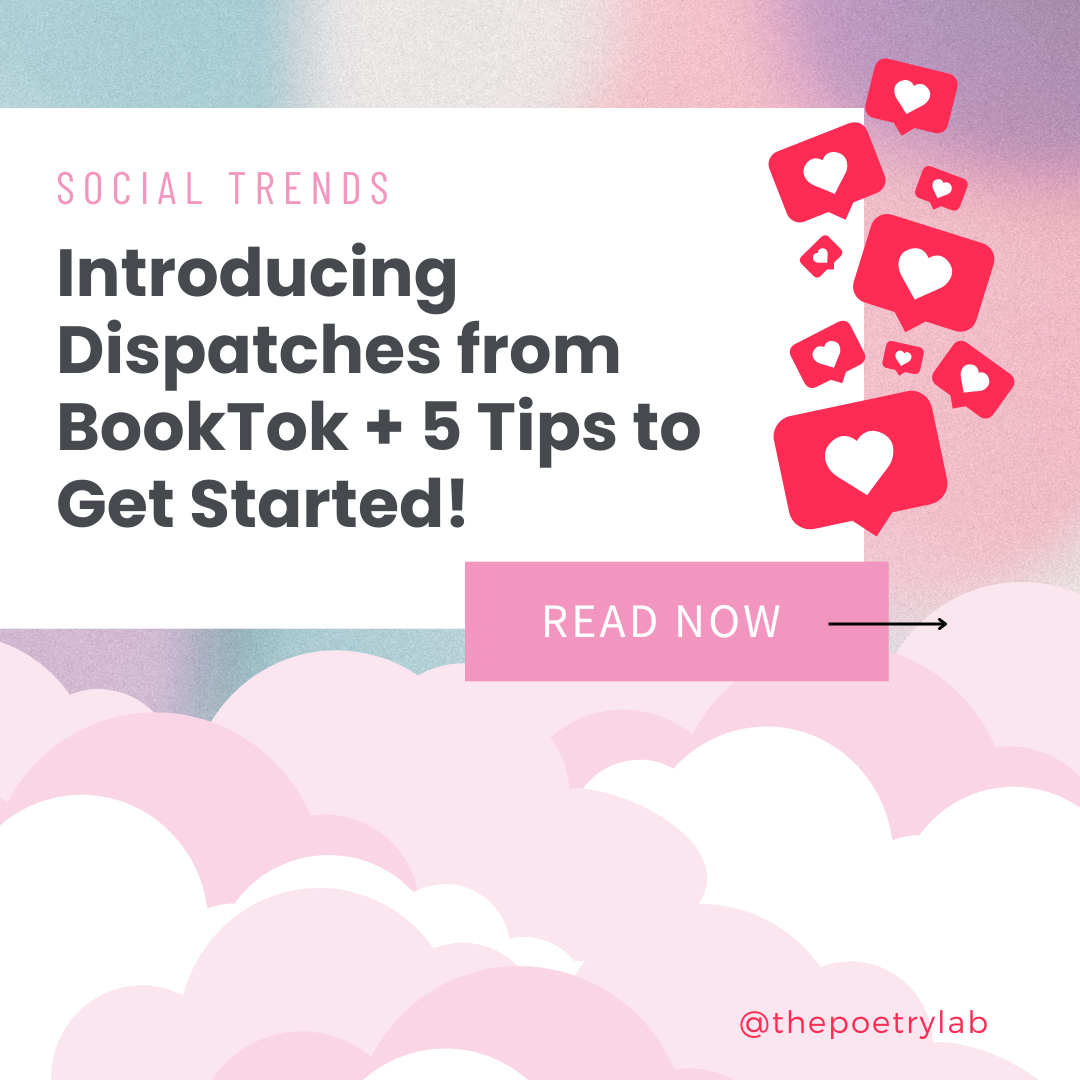BookTok vs. Book Twitter: An Ongoing Controversy
Oops, BookTok has done it again. Earlier this month, Twitter’s literary community was sent in a tailspin after a TikTok user posted a video about how she skips paragraphs if they’re “too long.” Users accused the original poster of “hating reading,” and asked if someone was “forcing them to read.”
I’ll admit I cringed when I first saw that video and I’m in no way endorsing the skipping paragraphs if they’re too long. However, I do not want to consider the “validity” of this content or the possibility that it's destroying the sanctity of literature.
Instead, let’s focus on Book Twitter’s reaction, because this is not the first time a single TikTok has led Twitter to label BookTok as a place where minds shrivel and rot. In August, a now-deleted TikTok made the rounds on Twitter when BookToker Yanna Lina complained the book she was reading had “too many words” on the page. In fact, if you search for BookTok on Twitter, you’ll find posts condemning BookTok as far back as 2022.
To understand this history, we need to look at the ways users engage with books on BookTok and Book Twitter.
So, why does Book Twitter hate BookTok so much?
It’s easy to say that Book Twitter dislikes BookTok because Book Twitter thinks they have better literary tastes or engage in more thoughtful literary analysis than the readers on BookTok.
However, I think the root of their apparent dislike is not (just) because of elitism or different literary tastes. It mostly boils down to a misunderstanding of BookTok’s purposes and how they differ from Book Twitter. We tend to conflate book recommendations with literary analysis, which are two different views that are both important to the vitality of literary communities.
On TikTok, users tend to decide whether to watch a video within the first couple seconds after it pops up on their For You Page (FYP). Because of this, the content creator must come up with a short yet compelling hook to reel users in, and often the most successful hooks are the ones that favor provocation over nuance.
This is not to say that BookTok only produces content meant to stir a deep emotional reaction. As I’ve mentioned in an earlier dispatch, while a punchy hook is key to engagement, that punchiness can come in different forms. In my experience as a BookToker, aside from rage-bait, the most successful types of videos either recommend books based on similar books/aesthetics or educate users in a niche area.
My TikTok, for instance, focuses on introducing poetry to people who are new to it, but are unsure what books they should start with. Users will ask questions like “how should I read a poem?” or “can you recommend poetry collections for Sally Rooney fans?”
While a user might comment a rebuttal or multi-comment in response to a post, this is rare because TikTok isn’t the best platform for discursive content. This mode requires a level of immediacy that TikTok can’t effectively facilitate because creating and uploading videos is antithetical to the spontaneity required in a virtual dialogue.
Additionally, there isn’t a user-friendly way for people to flip back and forth between posts and comments, making it difficult for creators and users to build and sustain “meaningful” discourse.
On the other hand, Book Twitter is a social media space made for discursive content (whether that discourse is productive or thoughtful is a conversation for another day). Yes, tweets also need a compelling hook, but Twitter provides the user more space to formulate their arguments through its different threads. As a lurker in the Book Twitter space, I often notice users quote-tweeting texts, allowing readers to compare and contrast in real time, and add their own insight.
Additionally, the type of rage-inducing bookish content is not endemic to BookTok. Book Twitter is similarly filled with this type of content—algorithms amplify content that incites outrage. For instance, Book Twitter was set ablaze when a few literary journals complained about writers announcing acceptances before their work was published.
Why inflammatory BookTok posts cause more outrage than on Twitter
As a passive Book Twitter user, I’ve noticed most of the content revolves around writer’s etiquette or literary gossip. Many of these posts use jargon or discuss issues that pertain to an insular literary community.
Whereas the BookTok outrage is mostly directed towards women influencers who read romance or romantasy.
Why is this important?
Labeling an entire reading community after consuming a small sect of its content is both myopic and a symptom of our algorithmic digital diet. Because of the passive nature of social media consumption, we expect our “ideal” content to be catered to us, when in reality algorithms are imperfect and can be limiting.
The hatred of BookTok is largely misguided. In a post asking if BookTok is reductive, BookToker @lilycantstopreading calls this viewpoint “kind of insidious,” arguing that book recommendation posts have opened up reading communities to people who did not think books were for them because literary communities can often be “exclusionary and intimidating.”
A more thoughtful engagement of a social media platform’s formal constraints can lead to more compelling content and empower users to find content more suited to their sensibilities. And most importantly, we can all realize that there is space for both kinds of literary communities.
Read the first two articles in this series here ⬇
This article was published on October 23, 2024. Written by:





